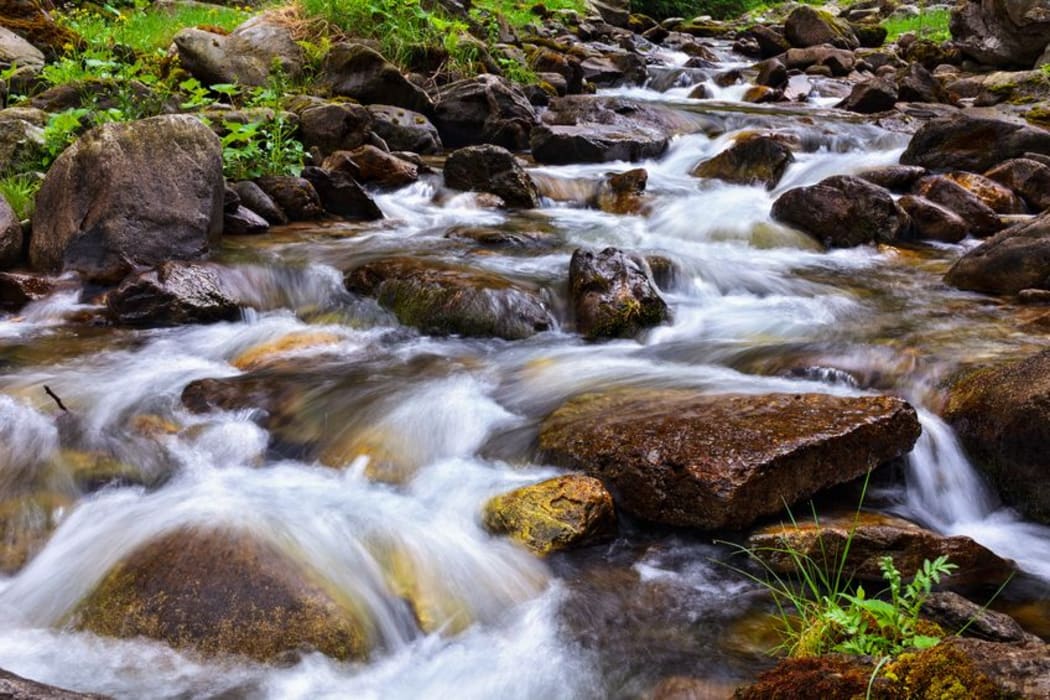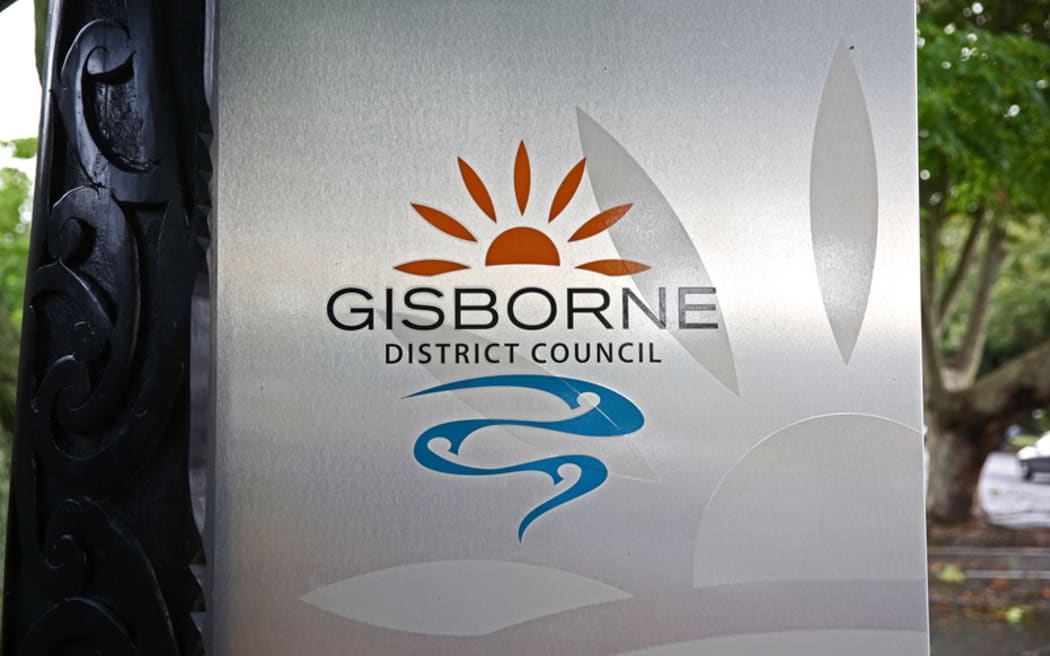Ngāti Porou is describing its agreement with the Gisborne District Council to share responsibilities for protecting freshwater and land resources as a 'watershed' moment.

Photo: 123RF
The council has approved the Joint Management Agreement over the Waiapu Catchment which the iwi says marks the beginning of a new partnership.
The agreement is a first for the country and will enable both groups to exercise joint powers under the Resource Management Act.
Te Rūnanganui o Ngāti Porou chairman Selwyn Parata said the agreement was the culmination of 30 consultation hui it has held with hapū and landowners over a 10 month period.
He said it was grassroots democracy at work and he was ecstatic the council had approved the agreement.
"All our people around those waterways and living on those lands have been involved in the discussion and process and actually asked us to go down this path, so they'll all be happy."

The iwi says the Joint Management Agreement marks the beginning of a new partnership. Photo: RNZ / Alexander Robertson
Mr Parata said the aim was to restore the environment and well-being of the environment through sustainable freshwater and land management.
"This gives the opportunity to actually assist us, Ngāti Porou, as custodians of our waterways, in particular the Waiapu River. If it's well, then we the people are well.
"Half the people in the Gisborne District Council are Māori and the vast majority of that 50 percent are Ngāti Porou people: ratepayers, landowners, business people and also people who have lived in this rohe."
Mr Parata said it was an opportunity to bring the council and tribe's respective perspectives, resources and skills to the table.
"Ngāti Porou and its hapū and whānau and the Gisborne District Council have shown leadership."
And he hopes it will be a model for other councils to follow suit.
"Councils are democratically elected and this agreement is moving democracy to its ultimate where the people who own the land and are directly affected by those decisions are in the decision making processes. I think that other councils and other iwi would relish the opportunity to follow this."


